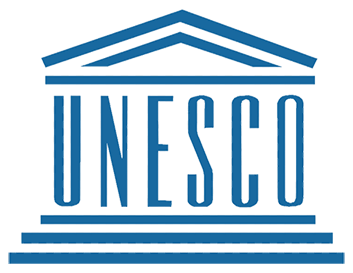Current Projects
Capacity Building Training on Media, Information, and Digital Literacy (MIDL)
With financial support from UNESCO Cambodia, Kampuchea Action to Promote Education (KAPE) will provide the Capacity capacity-building training on Media, Information, and Digital Literacy (MIDL) to representatives of Non-Governmental Organizations (NGOs) Civil Society Organizations (CSOs) and Organizations of Persons with Disabilities (OPDs). Since MIDL skills in the current global economy are of utmost importance for all citizens, the training will focus on essential skills, knowledge, as well as digital tools that can allow them to utilize the existing and new resources of media technology to access useful information they need, continue learning and upskilling their personal and professional development.
Moreover, the training will initiate possible ways of integrating MIDL ideas into their project/program activities to promote MIDL among their beneficiaries and partners. The training curriculum will be designed distinctly to accommodate different participants or trainees, including 60 representatives from organizations of persons with disabilities (OPDs) and 15 representatives from local NGOs or CSOs working on gender equality-related issues.
The proposed training program will seek to foster meaningful connectivity as the target for internet use and tackle the gender gap. Accordingly, the design and implementation of training activities will seek to promote media, information and digital literacy for both women and girls by ensuring gender balance in the selection of trainees as well as among trainers so that the latter can help to provide positive role models for trainees. Thus, the program will support women's participation in the development of MIDL content as well as safeguard the online privacy of women and girls.
Purposes
The main purposes of this program are to:
- Equip NGOs and CSOs working on a diverse array of issues with the necessary knowledge, resources, and competencies to promote further Media, Information, and Digital Literacy Skills among their beneficiaries.
- Equip organizations of persons with disabilities (PWD) with the necessary knowledge, resources, and competencies to promote Media, Information, and Digital Literacy among persons with disabilities.
Funded by

42
Preschool(s)
172
Primary Schools
110
High Schools
6
Higher Education Institutions
120,831
Students
2,806
Teachers/Directors
1,496
Stakeholders


